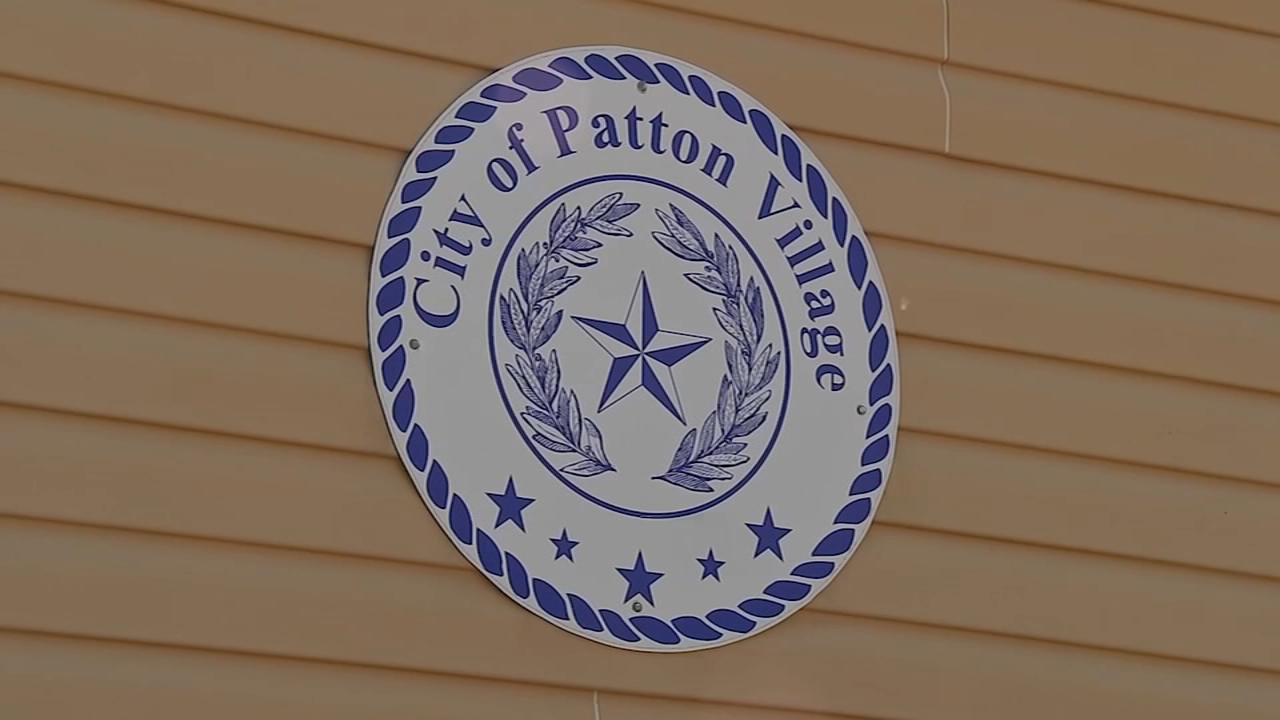Solar eclipse, Spring Equinox, and Supermoon all happening on Friday


Starting in the early morning hours on Friday, March 20, Earthlings are in for an incredible event as three celestial events happen all at once!
UPDATE: See amazing images of the March 20 solar eclipse from around the world:
Supermoon
A Supermoon happens when a full or new moon occurs right when the moon is closest to the Earth (perigee) during its elliptical orbit. In other words, the moon will look ginormous on Friday, albeit very dark and faint. However, some reports say that the moon will not be visible at all in the U.S.
The moon will reach perigee on Friday, so keep your eyes on the sky for the silhouette!
Spring Equinox
The official start of spring, the vernal equinox, will be marked on Friday at 6:45 p.m. ET|5:45 p.m. CT when the Earth's axis lines up perpendicularly to the sun's rays -- marking one of the two equinoxes that occur each year.
It is often said that you can balance a raw egg perfectly on its end during an equinox, though this widely accepted to be just a myth.
Solar Eclipse
A solar eclipse -- where the the moon passes directly between the sun and Earth -- will block out most of the sunlight during the event, casting a massive shadow upon the Earth.
Sadly, the eclipse will not be visible to anyone in the United States, as it will happen around 4:30 a.m. ET|3:30 a.m CT over Europe. However, if you're willing to wake that early, and get to your computer, you can watch the live stream at Slooh's online observatory. NASA predicts the "instant of greatest eclipse" will happen around 5:45 a.m. ET|4:45 a.m. CT.
In two years, though, the U.S. will enjoy the best seats aboard spaceship Earth for the solar eclipse on Aug. 21, 2017, according to NASA.
The U.S. will get to experience a lunar eclipse in just a few weeks, on April 4.









